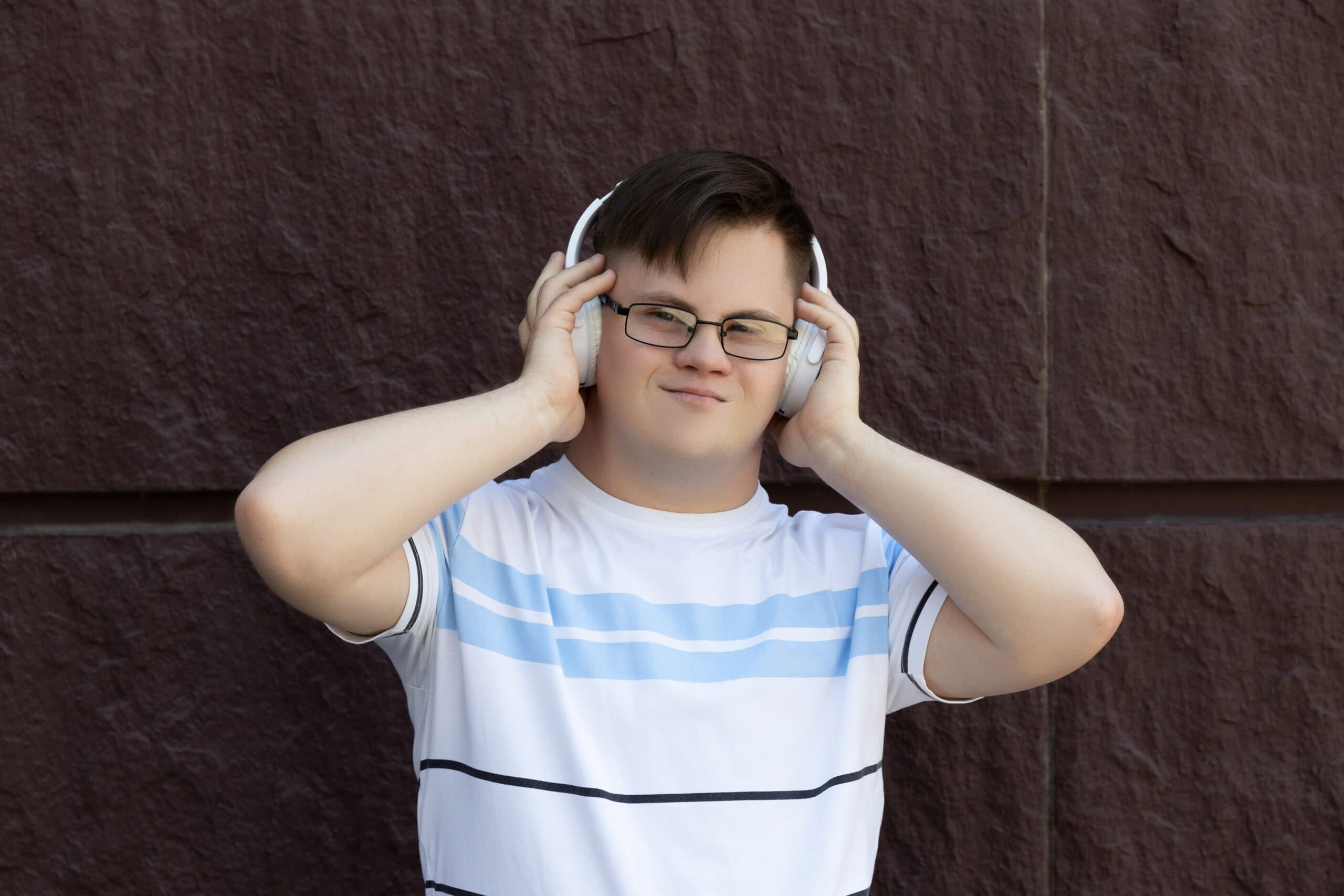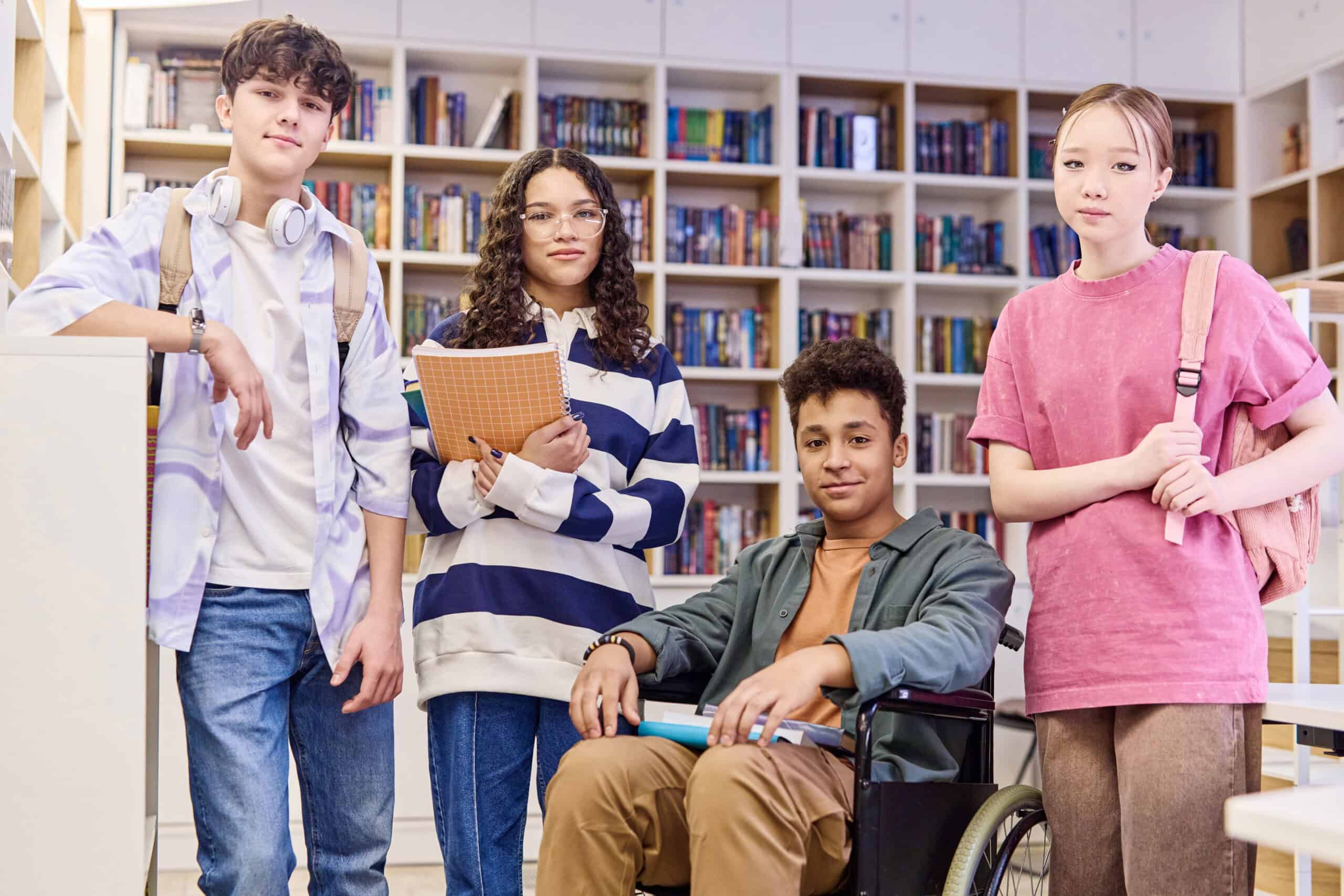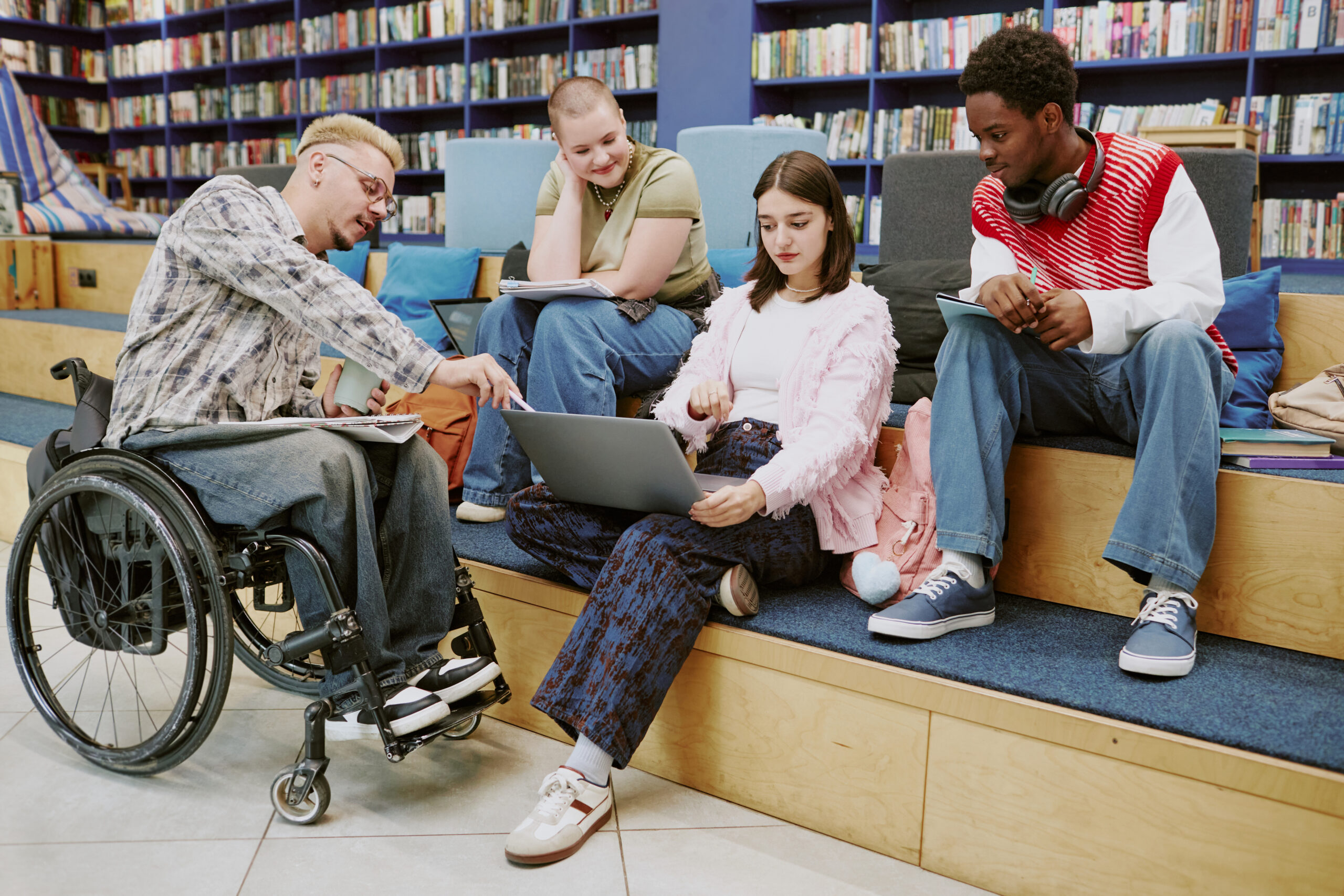Starting Uni with a Disability: Your Essential Guide
Starting university is a big step for anyone, but if you’re a student with a disability, a long-term health condition, or are neurodivergent, the transition can bring added questions and pressures.
This guide is here to help you feel more confident, organised, and supported. From applying for disability support to packing practical essentials, we’ll walk you through everything you need to know to start your university journey strong.
Whether you’re preparing for your first term or supporting someone who is, you’re in the right place.
Before You Go: Planning Ahead
Starting early can make a huge difference. Here’s what to sort before you even pack a bag.

Apply for Disabled Students’ Allowance (DSA) early
If you haven’t already, apply as soon as possible. DSA covers support like note-takers, assistive technology, study skills tutoring, and mentoring. Download our Study Support Planner to prepare for your DSA assessment. This free worksheet helps you reflect on your learning style, challenges, and what support might help.
Get your documentation ready
You’ll need documentation to support your application, including a medical letter from your GP or specialist, a diagnostic report for learning differences, or evidence of a long-term condition. Check with your funding body to confirm what they accept.
The sooner you gather this, the quicker your support can be set up.
Speak to your university’s disability support team
Most universities have a dedicated disability or inclusion service. They can advise on available adjustments, accessibility on campus, and how to access ongoing support.
You can usually find their contact details on the university website under “Student Support” or “Wellbeing”. You can also email the admissions team if you’re unsure who to contact.
Choose your DSA support provider
A DSA support provider is the organisation that delivers your Non-Medical Help (NMH) such as study skills sessions, specialist mentoring, or assistive tech training. You have the right to choose who delivers your support.
YorLinc offers fast responses, face-to-face or remote sessions, and expert support staff who understand a wide range of needs.
Plan your accommodation
If you need accessible accommodation or specific adjustments (e.g., ensuite, step-free access, quiet location), flag this with your university early. You can also request reasonable adjustments such as a ground floor room, permission to have a fridge in your room for medication, or adapted furniture.
Packing Smart: Uni Essentials with Accessibility in Mind
Most university packing lists focus on basics like bedding and stationery. But students with a disability, long-term condition, or neurodivergence may benefit from extra items that support comfort, health, and independence.

Useful items to support independence
- Extension leads – for keeping assistive devices near your bed or workstation
- Bedside lamp or fairy lights – help manage sensory needs or avoid harsh lighting
- Easy-grip kitchen tools – if you have reduced grip or dexterity
- Pill organiser or medication pouch – help manage your routine and independence
- Noise-cancelling headphones – useful in shared living spaces or for managing sensory overload
Health and well-being essentials
- First aid kit (with plasters, paracetamol, ibuprofen)
- Medication checklist – a simple way to track what you take and when
- Whiteboard or planner – to manage tasks and reduce cognitive load
- Sensory items (weighted blanket, fidget tools, aromatherapy spray)
Comfort and social support
- Doorstop – to invite conversation and avoid isolation
- Familiar snacks or drinks for your first few days
- Icebreaker games (cards, Uno)
- Slippers or sliders for shared areas (kitchens, bathrooms)
Pack things that help you feel grounded and in control. Little things make a big difference.

Settling In: Finding Your Way in Week One
Your first week at university can be exciting, but also overwhelming. If you have a disability, it might feel especially intense. Here are some ways to make it easier:
- Navigating campus: Use campus maps to plan accessible routes. If you need step-free access, quiet spaces, or specific facilities, ask the university where to find them. Some universities offer mobility tours or early access visits.
- Managing routines and energy: Try not to overload your schedule in week one. Build in rest between activities, and give yourself time to adjust to your new environment. Use a planner or app to track your timetable and manage your energy.
- Making connections: Freshers Week isn’t all parties and clubs. Look out for quieter events, craft sessions, or identity-based societies that feel more comfortable. Socialising at your own pace is completely valid.
- When it all feels too much: It’s okay to take a break, stay in for an evening, or ask for support. Speak to someone you trust, visit your university’s wellbeing service, or call a helpline if you’re struggling.
Accessing the Right Support Early
Getting the right support can make a huge difference to your experience. Don’t wait until something goes wrong.
Who to speak to:
- Personal tutor or course lead
- Disability or inclusion team
- Mental health adviser or wellbeing service
What support might look like:
- Study skills sessions
- Specialist mentoring
- Assistive technology and training
- Flexible deadlines or alternative formats
Understanding your support timetable
You should be told when and how your support starts. If anything isn’t working or you need changes, that’s okay. Just let your provider or university know.
Where YorLinc fits in
We deliver face-to-face and remote support through DSA, including mentoring, study skills, and assistive technology training. Our focus is on tailored support that puts you first.

Looking After Yourself
Settling in takes time. It’s normal not to feel completely at home after the first week. You might feel tired, overwhelmed, or unsure where you fit in. That’s okay.
Here are a few ways to look after yourself as you settle in:
- Build in rest and recovery time
- Use a meal planner or prep kit to reduce overwhelm
- Set reminders for medication or key routines
- Know when and how to access counselling or health services
- Stay connected to family or friends when you need grounding
If you’re struggling, speak to someone – your support provider, wellbeing team, or GP.
Common Questions
Got a question that isn’t answered here? Get in touch with YorLinc – we’re happy to help.
What if I don’t get on with my support provider?
You have the right to request a different provider through your DSA. Speak with your needs assessor or disability team for advice. YorLinc accepts students transferring from other providers.
Can I change my schedule or accommodation?
Yes. Speak to your university as soon as possible to request a change. You’re entitled to reasonable adjustments if your current arrangement isn’t working.
What happens if I get sick or need extra time on coursework?
Most universities have an extension or mitigating circumstances process. Let your tutor or support service know early, and get medical evidence if possible.

In Summary
Starting university when you have a disability or long-term condition can feel daunting, but you’re not alone. With the right preparation and support, you can start strong and feel confident.
Explore our student services or contact us to learn more – we’re here to help you feel supported every step of the way.
Recommended for you

Understand the Disabled Students’ Allowance
Subscribe to Our Newsletter
Subscribe to our newsletter and be the first to receive updates, insights, and tips directly from our team of experts.
